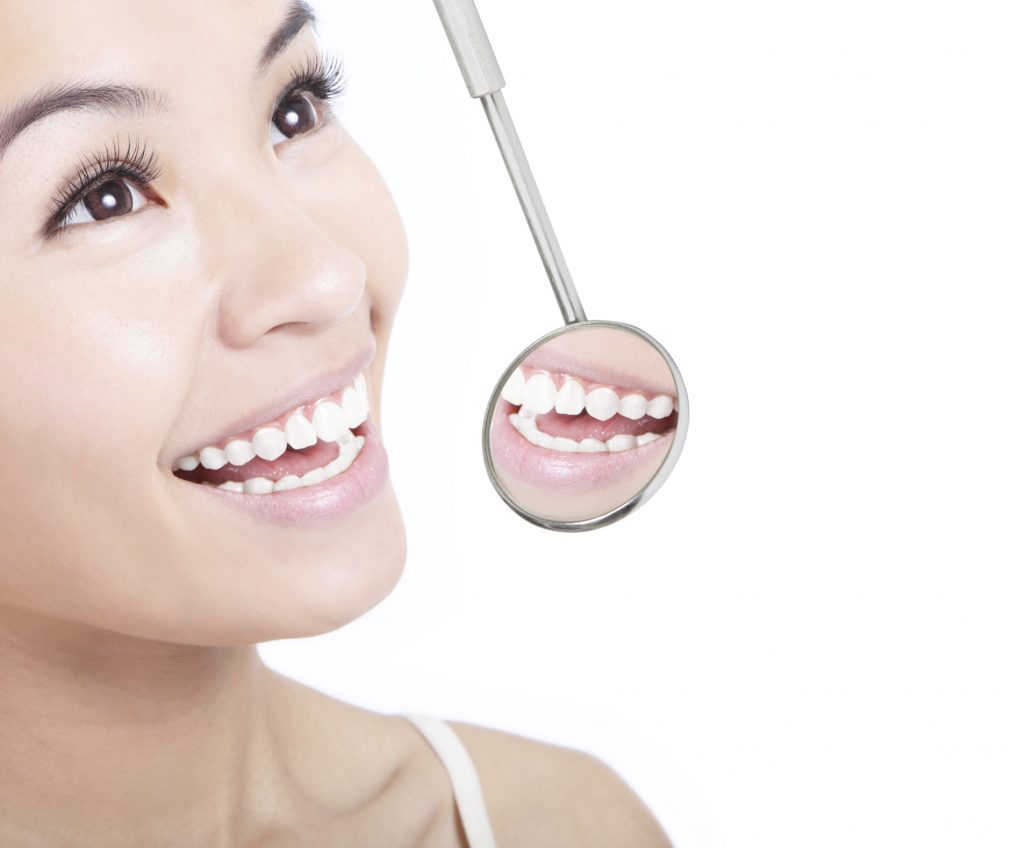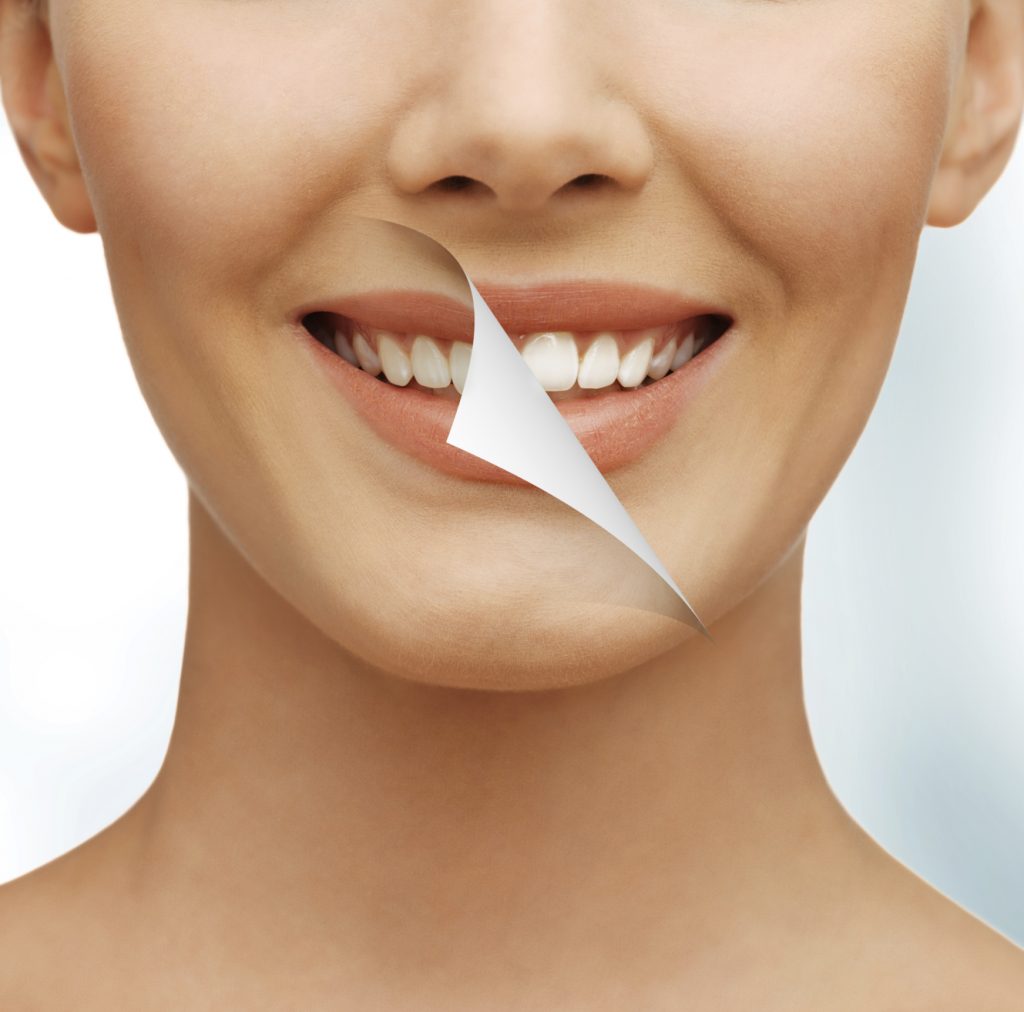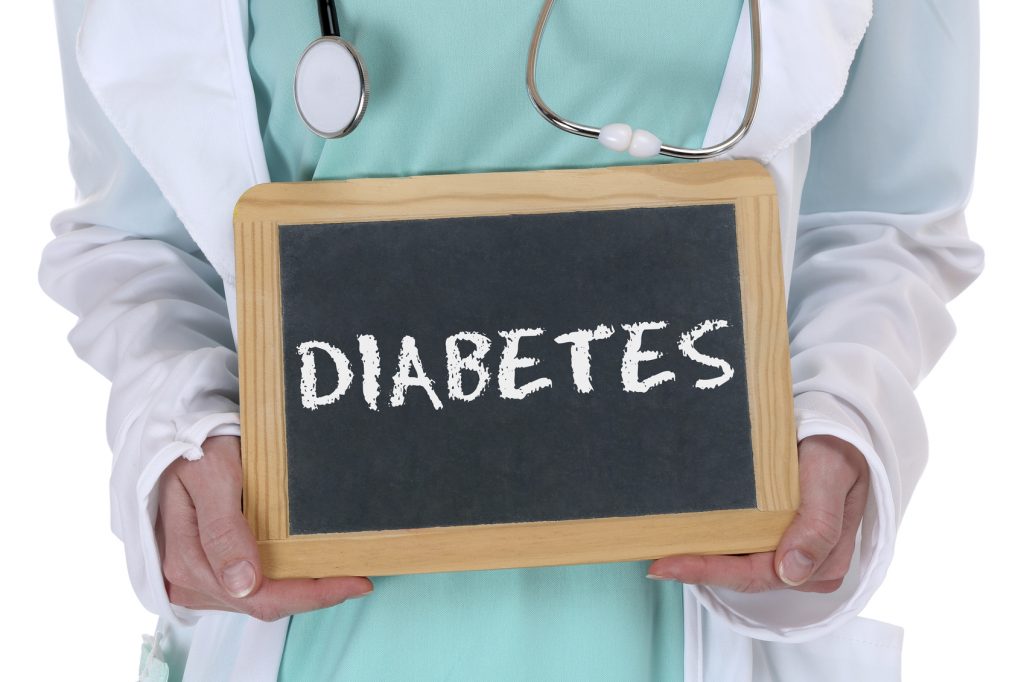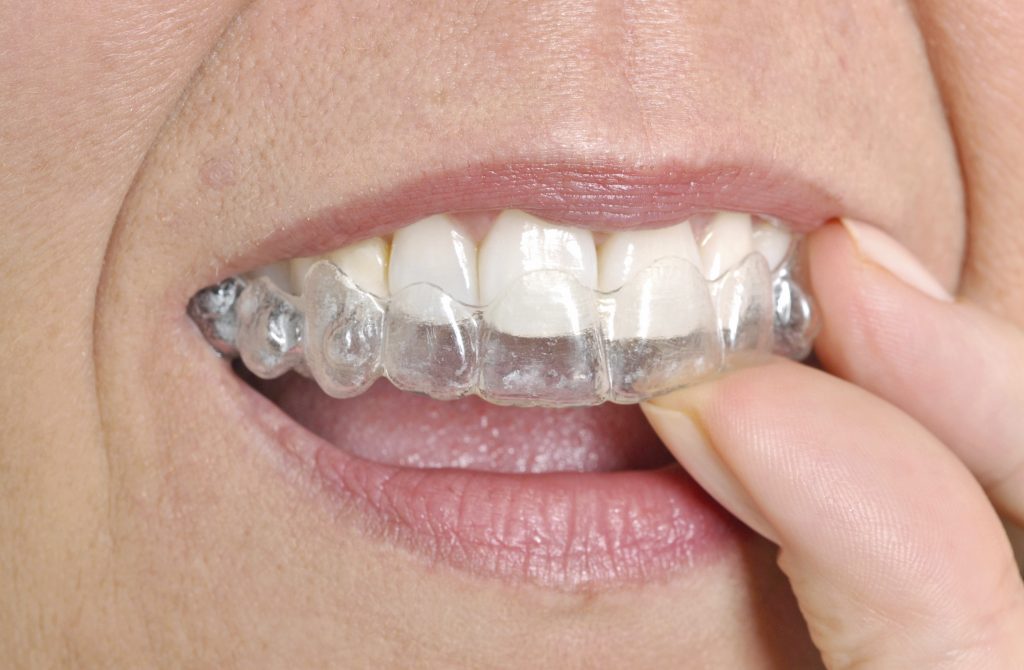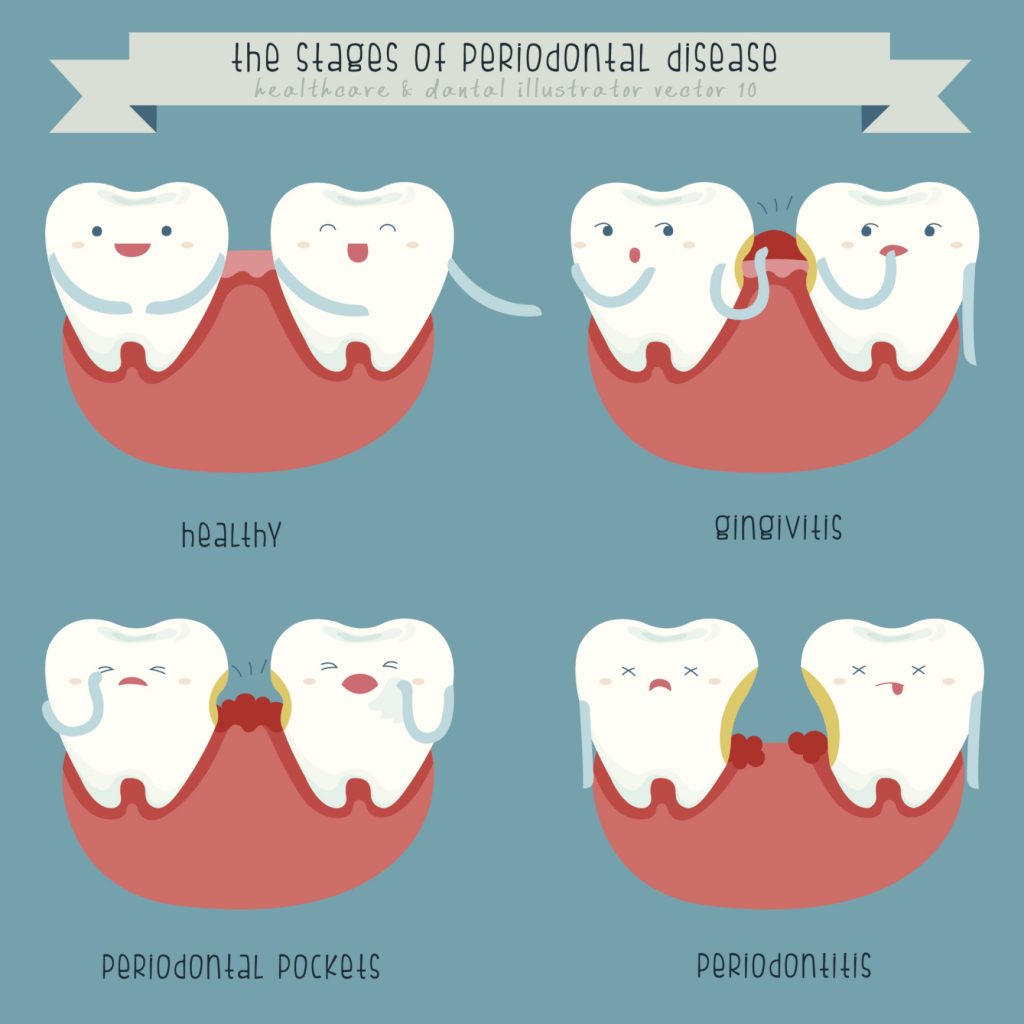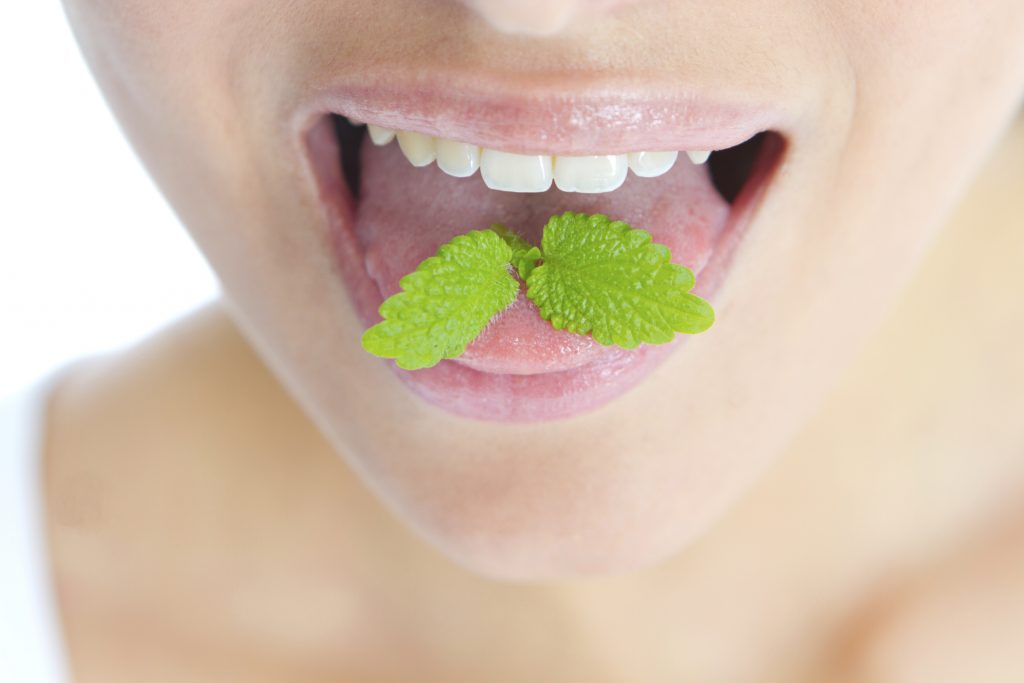Tooth loss can be a result of dental trauma, advanced gum disease, or deterioration of the underlying bone over time. If you have experienced dental trauma, it’s important to see your dentist sooner than later to assess surrounding teeth and gums. Either way, a cosmetic dentist may present two replacement options to consider; a fixed dental bridge or an implant. It’s important to understand what these options entail in order to make the best decision for you.
Implants
Dental implants require a more extensive procedure, but restore the entire tooth structure rather than simply fill in the gap. Simply put, implants work by inserting a base into the jawbone into which a post with a crown on top can be placed. Implants provide stability and stimulation to the underlying bone which helps prevent resorption while looking and feeling like a natural tooth.
Dental Bridges
A dental bridge can actually be thought of as a bridge. An artificial tooth (or teeth) is fixed to crowns on adjacent teeth on either end that attaches to healthy teeth, acting as the support posts if you will. The caveat to this solution is that if the tooth root is not replaced the bone may not get the stimulation it needs to remain healthy. Missing tooth roots could cause resorption, which causes the bone to lose density and shrink over time. Ultimately, this can cause one’s face to have a prematurely aged appearance.
Your dentist will review these procedures, benefits, and risks with you as you navigate your particular circumstances. While these are typically recommended, your dentist may encourage you towards one or the other option as they see fit. Be sure to ask your dentist any questions or concerns you may have prior to embarking on any given treatment option.
If you have questions or concerns about salt water rinse, make an appointment today with Dr. Schnall at 212-247-7059 or visit our website at www.philipschnalldmd.com.
Dr. Philip Schnall proudly serves Central Park West and all surrounding areas.

